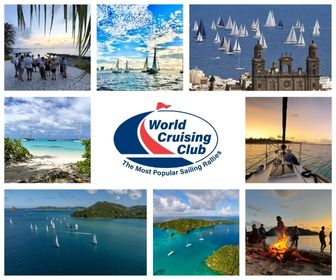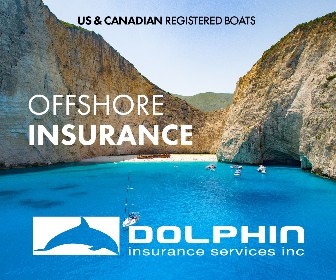Australia: Deal with Rubbish and Biowaste Before You Arrive
A reminder for cruising yacht skippers arriving in Australia, by Biosecurity officials and fellow cruisers: Fees are not only charged for the Biosecurity inspection on arrival, but also for the disposal of any biosecurity waste and rubbish. To keep costs down, try to keep your rubbish and bio-waste to a minimum.
Published 7 months ago
Biosecurity Fees and Rubbish Disposal Charges
Newcastle – New South Wales
According to Hervé Michel, owner of the French flagged sailboat Mouez Avel, when he arrived at the port of Newcastle on the New South Wales mid-coast earlier this year, he not only had to pay the Biosecurity inspection fee, but also then incurred a large fee from the port of entry marina for disposal of his biosecurity waste and rubbish.
“Thanks to Noonsite’s very useful information, I applied for a visa and completed the pre-arrival procedures in Newcastle before leaving Nelson in New Zealand,” Hervé said.
“I reported my arrival 12NM off my port of entry and respected the instructions given by the Australian authorities. The Customs/Immigration visit went very well. Courteous and efficient as always. However, Biosecurity officials asked me to pay an invoice of AUD$435 to inspect my vessel and waste and then the Newcastle Marina charged me another invoice of AUD$450 to dispose of the rubbish.
“I find this price of AUS$885 (US$550) very exaggerated to “dispose” of the trash of a single person for 10 days. Even if that included in part some fresh food left over from New Zealand. It was sad for me to have this first negative experience in a new country.”
Noonsite contacted Newcastle Cruising Yacht Club for a response and Marketing Co-ordinator Ethan confirmed that they (the YC/Marina) charge a fee for disposing of rubbish identified by Biosecurity officials.
“Once a vessel comes into port from overseas, Biosecurity officials will check the boat for bio-waste and clear the boat, which has a fee associated with it,” Ethan said.
“Officers will then give us any bio-waste and rubbish to store in our bio-waste freezer for disposal. However, Border Force do not pay us to do this and the fee is passed onto the owner of the vessel.
“The fee varies on the amount of waste, as we may have to call in multiple collections for the waste. The best way that skippers can avoid the fee is by limiting the amount of bio-waste and rubbish they have on board when they arrive in Australia”.
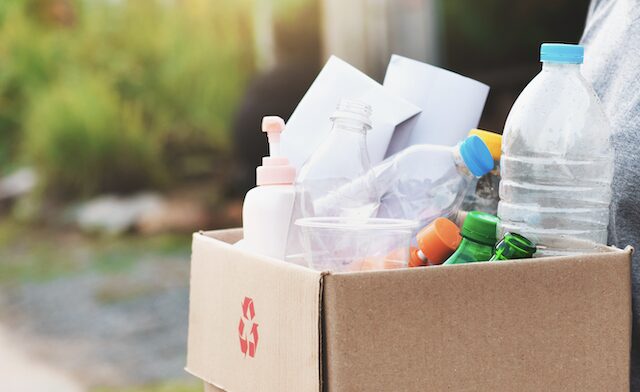

Ethan gave Noonsite some examples of items that will typically be collected by Biosecurity for disposal:
- Meat
- Eggs
- Fruit
- Vegetables
- Rice, beans, lentils etc.
- Flowers (even dried ones)
Ethan confirmed that the minimum fee is AUD$300 for collection, however, based on the amount of waste you have, this can increase rapidly (one vessel required a fee of $1,500!).
Asking Australian Border Force to take any waste away with them does not reduce the fee.
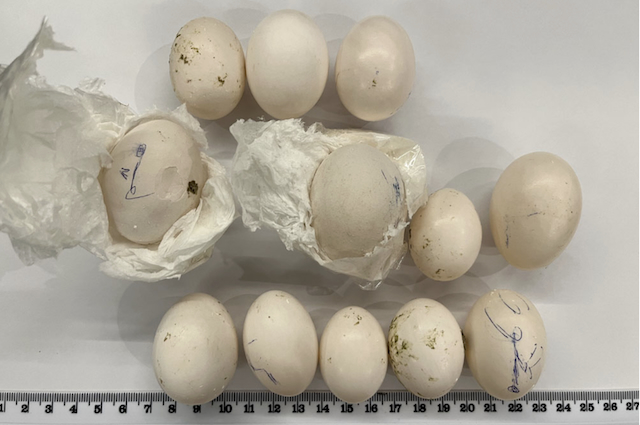

Bundaberg, Queensland
Bundaberg is another popular port of entry on Australia’s east coast for yachts crossing the South Pacific. All international vessels that arrive at the Bundaberg Port Marina are advised by email, prior to their arrival, that there are fees regarding disposal of rubbish identified by Bio Security officers.
Donna Hassler, the marina’s Office Manager/Hardstand, told Noonsite; “We make the owners aware it is in their best interest to eliminate as much biosecurity waste as possible prior to entering, as we have had vessels (arrive) with items such as rice, beans, lentils etc. that are heavy and expensive to dispose of. If the owners are diligent, costs are minimal for disposal. The following paragraph is included in the email that we send to arriving yachts regarding waste and disposal:
A fee of $11 per kilogram of waste applies to all international vessels entering Australia through our Port Of Entry. This fee includes disposal charges for Biosecurity waste (if required) and mandatory administrative costs. Please note it is your best interest to eliminate as much bio security waste as possible prior to your arrival. Items such as rice, beans, lentils are heavy and expensive to dispose of. Please contact our office if you require further information.”
Reminder from Australian Biosecurity
In their April 2025 Biosecurity Non-Commercial Vessel News, Australian Biosecurity officials are reminding all skippers intending to visit Australia that at the First Point of Entry, an arrival levy and fee-for-service (the time taken to inspect the vessel), will be charged and payable to a biosecurity officer at the time of inspection. They also highlighted the following:
- Vessel operators will be charged at fee-for-service rates as set out in the charging guidelines.
- For the mitigation of biosecurity risks such as timber inspection or pest management, additional charges will be payable.
- Additional fees will be charged for inspections occurring on the weekend or public holidays or outside of normal, daylight operational hours.
- Vessel operators may be charged by marina operators for the disposal of biosecurity waste. These are additional charges to the department’s biosecurity fees charged for vessel inspections, management and release of the vessel from biosecurity control.
- Marina operators set their own fees for biosecurity waste disposal and may differ across Australian territory ports.
- The department recommends yacht operators contact the berthing marina operators to understand marina fees prior to arrival.
Cruisers share how to keep Biosecurity fees low
Cindy from SY Cream Puff agrees that Biosecurity Fees can add up when entering Australia and New Zealand as both countries have very strict rules. Having recently cleared into Australia, she provides a few suggestions that she hopes will help fellow cruisers to keep costs down on entry.
“As posted on Noonsite, Biosecurity in Australia charges by the 15 minutes to inspect vessels. This includes cabinets, lockers, engine compartment, refrigeration, hull, wood, etc. The time of inspection is partly dependant on the owner(s) of the vessel making sure they have complied with documentation concerning maintenance and logbooks being kept up to date.
“Our inspection took less than 45 minutes. We have heard from officials in New Zealand and Australia of cruisers arriving without proper documentation or not being in compliance taking two hours or more.
“Prior to setting sail for Australia we had to change our port of arrival. Both ports sent arrival information including fees for incinerating trash on board. However, I am not sure if all entry ports provide this information but it is a good idea to ask. The entry port (marina) is responsible for separating the trash by type, bagging it and incinerating the trash. The fees are by the weight and type of rubbish. Typically the charge is by the kilogram or part thereof.
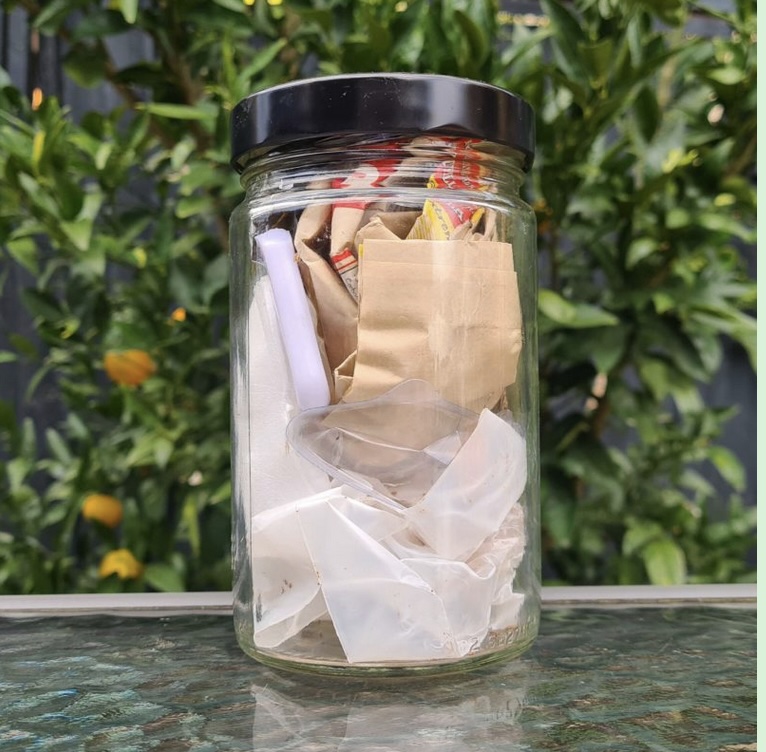

“One of the suggestions listed by both New Zealand and Australian Biosecurity is to rid the vessel of as much rubbish as possible prior to sailing to those countries. They also suggest removing items not allowed to be imported like certain items made of natural materials. Rather than have items go through inspection and risk losing the items to the incinerator, I shipped home items made of natural materials that we wanted to keep (i.e. souvenirs).
“In order to limit our trash onboard, I remove all the outer wrappings and put the food into reusable containers. That way we simply washed out the containers and have no trash onboard. Any leftover or unused food waste is biodegradable and is disposed of legally outside the waters of the country prior to entering. I hope this will help other cruisers planning to visit New Zealand and Australia.”
………………………
Related Links:
- DAFF – Fees and Charges for Non-Commercial Vessels
- DAFF – Non-Commercial Vessel Arrival Biosecurity Reporting
………………………
© 2025 Noonsite. This content was edited by Noonsite. Do not reproduce without permission. All rights reserved.
Opinions expressed in this article are the contributor’s own and do not reflect the view of Noonsite.com or World Cruising Club.
Find out all news, reports, links and comments posted on Noonsite, plus cruising information from around the world, by subscribing to our FREE monthly newsletter. Go to https://www.noonsite.com/newsletter/.
Related to following destinations: Australia, Brisbane, Bundaberg, Cairns, Christmas Island, Cocos Keeling, Coffs Harbour, Darwin, Direction Island (South Keeling), Flying Fish Cove, Fremantle & Perth, Gladstone, Gold Coast, Hobart, Home Island, Kingston, Launceston, Mackay, New South Wales, Newcastle and Port Stephen, Norfolk Island, Northern Territory (Australia), Queensland, Sydney, Tasmania, Thursday Island, Townsville, West Island, Western Australia
Related to the following Cruising Resources: Circumnavigation, Cruising Information, Environment, On Board Garbage, Pacific Crossing, Pacific Ocean South, Planning and Preparation, Routing, Tasman Sea




